Explore the Best IVF Clinic in Spain for Women Over 40
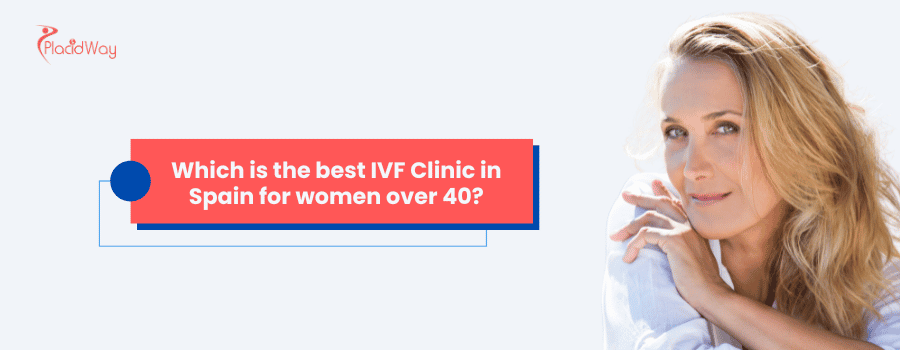
The journey to parenthood can present unique considerations for women over 40, especially when exploring assisted reproductive technologies like In Vitro Fertilization (IVF). Spain has emerged as a leading destination for fertility treatments, offering a combination of advanced medical expertise, progressive legal frameworks, and comprehensive patient care. This guide aims to address the key questions that women over 40 often have when considering IVF in Spain, providing detailed insights to help you make an informed decision.
Which is the best IVF Clinic in Spain for women over 40?
UR Vistahermosa, located in Alicante, Spain, stands out as a top choice for women over 40 due to its extensive experience, specialized protocols, and a strong focus on advanced reproductive techniques. With over 40 years of experience in the field, UR Vistahermosa has consistently demonstrated its commitment to innovation and patient success. The clinic is equipped with cutting-edge technology and offers tailored treatment plans that address the specific challenges of age-related fertility decline, making it a highly reputable option for older patients seeking to achieve their dream of parenthood.
What factors make an IVF clinic "best" for women over 40?
"The 'best' IVF clinic for women over 40 is characterized by its high success rates for this age group, specialized treatment protocols, advanced diagnostic tools (like PGT-A), access to robust egg donation programs, a team of experienced fertility specialists, and comprehensive patient support that addresses the unique challenges of age-related fertility decline."
For women over 40, fertility significantly decreases due to factors like diminished ovarian reserve and poorer egg quality. A top clinic for this demographic will have specific strategies to mitigate these challenges. This includes using advanced stimulation protocols tailored to individual ovarian response, employing sophisticated laboratory techniques for embryo selection (such as time-lapse imaging and PGT-A to identify chromosomally normal embryos), and offering extensive egg donation programs with a wide range of highly screened donors. Beyond medical expertise, strong emotional and psychological support is vital, as the IVF journey can be particularly demanding for older patients. Clinics that offer counseling, stress management, and a compassionate approach contribute significantly to a positive patient experience and overall success.
What are the typical success rates for IVF in Spain for women over 40?
"While success rates vary by individual circumstances and clinic, the average live birth rate for IVF with a woman's own eggs in Spain for women over 40 is approximately 11-12%, significantly lower than for younger age groups. However, with egg donation, success rates for women over 40 can rise dramatically, often exceeding 50-60% per embryo transfer."
It's crucial to understand that reported success rates can be influenced by various factors, including the type of cycle (fresh vs. frozen, own eggs vs. donor eggs) and how statistics are compiled (per cycle start, per embryo transfer, or cumulative). For women over 40 using their own eggs, the decline in egg quality means that fewer embryos may be chromosomally normal, leading to lower implantation and live birth rates. This is why many clinics, including UR Vistahermosa, emphasize the potential benefits of egg donation for this age group. Spanish clinics are renowned for their highly regulated and successful egg donation programs. When considering success rates, look for clinics that provide transparent data, ideally broken down by age group and treatment type, and inquire about their specific protocols for older patients.
Why is Spain a popular destination for IVF, especially for older women?
"Spain is a popular destination for IVF, particularly for older women, due to its progressive assisted reproduction laws that permit various treatments not always available elsewhere (including anonymous egg donation), high-quality medical standards, competitive pricing compared to many Western countries, and a large number of experienced fertility clinics with advanced technology."
Spain's legal framework surrounding assisted reproduction is one of the most liberal in Europe, allowing for a wider range of treatment options, including egg donation without an upper age limit for treatment (though clinics may have their own age cut-offs based on medical suitability). The country boasts a well-developed healthcare system with numerous state-of-the-art IVF clinics that adhere to strict European medical guidelines. This combination of advanced technology, highly skilled specialists, and a supportive legal environment makes Spain an attractive option for individuals and couples seeking fertility treatment, especially those facing challenges due to age or specific medical conditions. Additionally, the overall cost of IVF in Spain is often more affordable than in countries like the UK or USA, without compromising on quality of care.
What specific treatments are offered for women over 40 in Spanish IVF clinics?
"Spanish IVF clinics offer a range of specialized treatments for women over 40, including standard IVF cycles with tailored ovarian stimulation protocols, Intracytoplasmic Sperm Injection (ICSI), Preimplantation Genetic Testing for Aneuploidies (PGT-A) to screen embryos, and highly successful egg donation programs."
For women over 40, treatments are often individualized to maximize the chances of success. This might involve milder stimulation protocols to optimize egg quality, or the use of PGT-A to identify embryos with the correct number of chromosomes before transfer, thereby reducing the risk of miscarriage and increasing implantation rates. Given the age-related decline in ovarian reserve and egg quality, egg donation is a very common and highly successful option. Spanish clinics, like UR Vistahermosa, maintain extensive databases of carefully screened egg donors, allowing for quicker matching and improved success rates. Some clinics also offer tandem cycles, combining a cycle with the patient's own eggs and a donor egg cycle, to provide multiple opportunities.
How important is egg donation for women over 40 seeking IVF in Spain?
"Egg donation is highly important and often recommended for women over 40 seeking IVF in Spain, as it significantly increases the chances of a successful pregnancy and live birth by overcoming age-related declines in egg quality."
As women age, the quality and quantity of their eggs naturally decrease, making it more challenging to conceive with their own oocytes. After the age of 40, the likelihood of producing chromosomally abnormal eggs rises considerably, leading to lower fertilization rates, higher miscarriage rates, and reduced live birth rates. Egg donation bypasses these challenges by using eggs from younger, healthy donors who have undergone rigorous screening. This significantly improves the quality of embryos available for transfer, leading to much higher success rates compared to using one's own eggs at an advanced reproductive age. Spain's anonymous egg donation system ensures a diverse pool of donors, allowing for appropriate matching and often shorter waiting times. UR Vistahermosa is particularly noted for its robust egg donation program and experienced donor matching services.
What is the typical cost of IVF for women over 40 in Spain?
"The typical cost of IVF in Spain for women over 40 can vary significantly. For a standard IVF cycle with own eggs, it generally ranges from €3,500 to €6,000. IVF with egg donation, a more common and successful option for this age group, typically costs between €6,000 and €9,000 per cycle, excluding medication and additional tests."
These costs are estimates and can fluctuate based on the specific clinic, the complexity of the case, the number of cycles required, and any additional services like PGT-A or embryo freezing. While seemingly higher than some other countries, the overall value in Spain is often favorable due to the high quality of care, advanced technology, and comprehensive legal framework. It's essential to request a detailed cost breakdown from any clinic you consider, as some may include certain services in a package while others charge them separately. Medication costs, which can be substantial, are usually not included in the base price. UR Vistahermosa offers transparent pricing and various package options, including those with guarantee programs.
How long does an IVF cycle typically take for women over 40 in Spain?
"A typical IVF cycle for women over 40 in Spain, from initial consultation to embryo transfer, generally takes 2-4 weeks for the active treatment phase, often requiring a stay of 7-14 days in Spain if traveling from abroad. If egg donation is involved, the process might be more streamlined for the recipient."
The timeline can vary based on individual circumstances and the specific protocol. For cycles with a woman's own eggs, ovarian stimulation typically lasts 10-14 days, followed by egg retrieval, fertilization, and embryo development. The embryo transfer usually occurs 3 or 5 days after retrieval. For international patients, clinics like UR Vistahermosa often work to optimize the schedule to minimize the length of their stay. In egg donation cycles, the recipient's cycle is synchronized with the donor's, which can sometimes reduce the overall time spent in Spain, as the initial stages of egg retrieval are handled by the clinic and donor. Follow-up appointments and pregnancy testing would occur after returning home or a short while after transfer.
What are the emotional and psychological considerations for older women undergoing IVF?
"Emotional and psychological considerations for older women undergoing IVF include increased stress and anxiety due to age-related pressures, potential feelings of grief or disappointment with past fertility struggles, the emotional intensity of hormone treatments, and the need for robust support systems."
Undergoing IVF at an older age can amplify the emotional rollercoaster often associated with fertility treatment. Women may feel an intensified sense of urgency or pressure due to their biological clock, leading to higher levels of stress, anxiety, and sometimes even depression. The physical demands of hormone injections and medical procedures, coupled with the emotional toll of uncertainty and potential setbacks, can be significant. Clinics like UR Vistahermosa that recognize these challenges often offer psychological counseling, support groups, or holistic therapies to help patients cope. Having a strong support network of family and friends, combined with professional psychological support, is highly beneficial for navigating the emotional complexities of IVF.
Are there any age limits for IVF treatment in Spain?
"While there is no strict legal upper age limit for IVF treatment in Spain, most reputable clinics set their own practical age limits, typically around 50-52 years old, based on medical safety and the likelihood of successful outcomes for the patient."
Clinics establish these age limits primarily to ensure the safety and well-being of the patient and the potential child. Pregnancy at advanced maternal age carries increased risks for both the mother (e.g., gestational diabetes, pre-eclampsia) and the baby (e.g., premature birth). Therefore, clinics assess each case individually, considering the woman's overall health, medical history, and specific fertility prognosis. While the law permits a wide range, responsible medical practice dictates a cautious approach to ensure the best possible chances of a healthy pregnancy and birth. UR Vistahermosa generally accepts women up to 49 years of age for donor egg programs.
What kind of personalized care can women over 40 expect in Spanish IVF clinics?
"Women over 40 in Spanish IVF clinics can expect highly personalized care, including customized ovarian stimulation protocols, individualized embryo transfer strategies, dedicated patient coordinators, comprehensive diagnostic evaluations, and often access to complementary holistic support services."
Given the unique challenges of age-related infertility, personalization is a cornerstone of effective IVF treatment for women over 40. Clinics typically begin with a thorough diagnostic workup to understand the patient's specific ovarian reserve, hormonal profile, and overall health. Based on these findings, a tailored stimulation protocol is designed to optimize egg retrieval. Embryo transfer strategies are also individualized, sometimes involving frozen embryo transfers after PGT-A to ensure only chromosomally normal embryos are transferred. Many clinics, including UR Vistahermosa, assign a dedicated patient coordinator, especially for international patients, to guide them through every step of the process. Additionally, some clinics integrate holistic approaches like acupuncture, nutritional advice, and psychological counseling to support the patient's overall well-being throughout the treatment journey.
Explore PlacidWay for solutions related to medical tourism, healthcare services, or other relevant offerings to find the best IVF clinic for your needs.


.png)
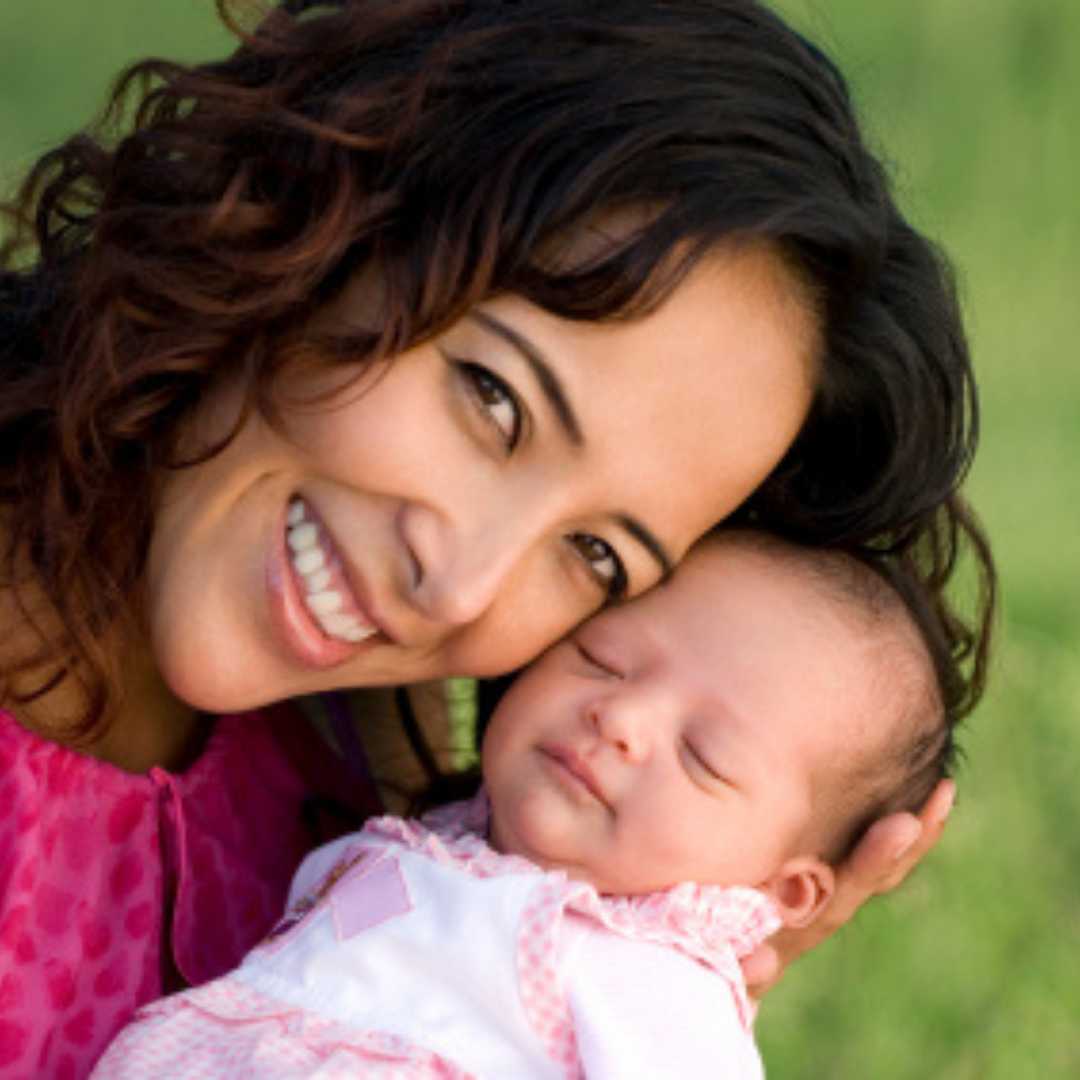
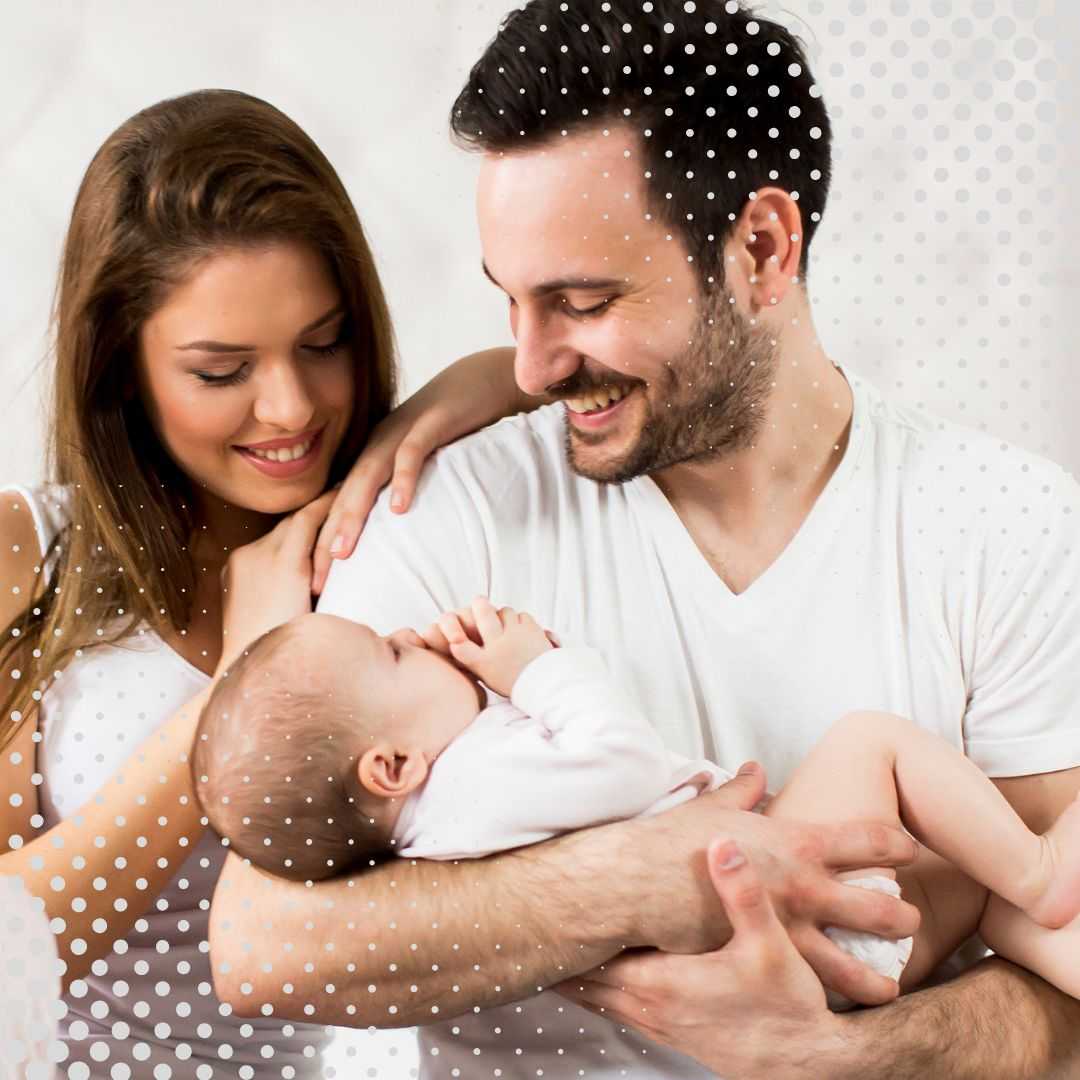
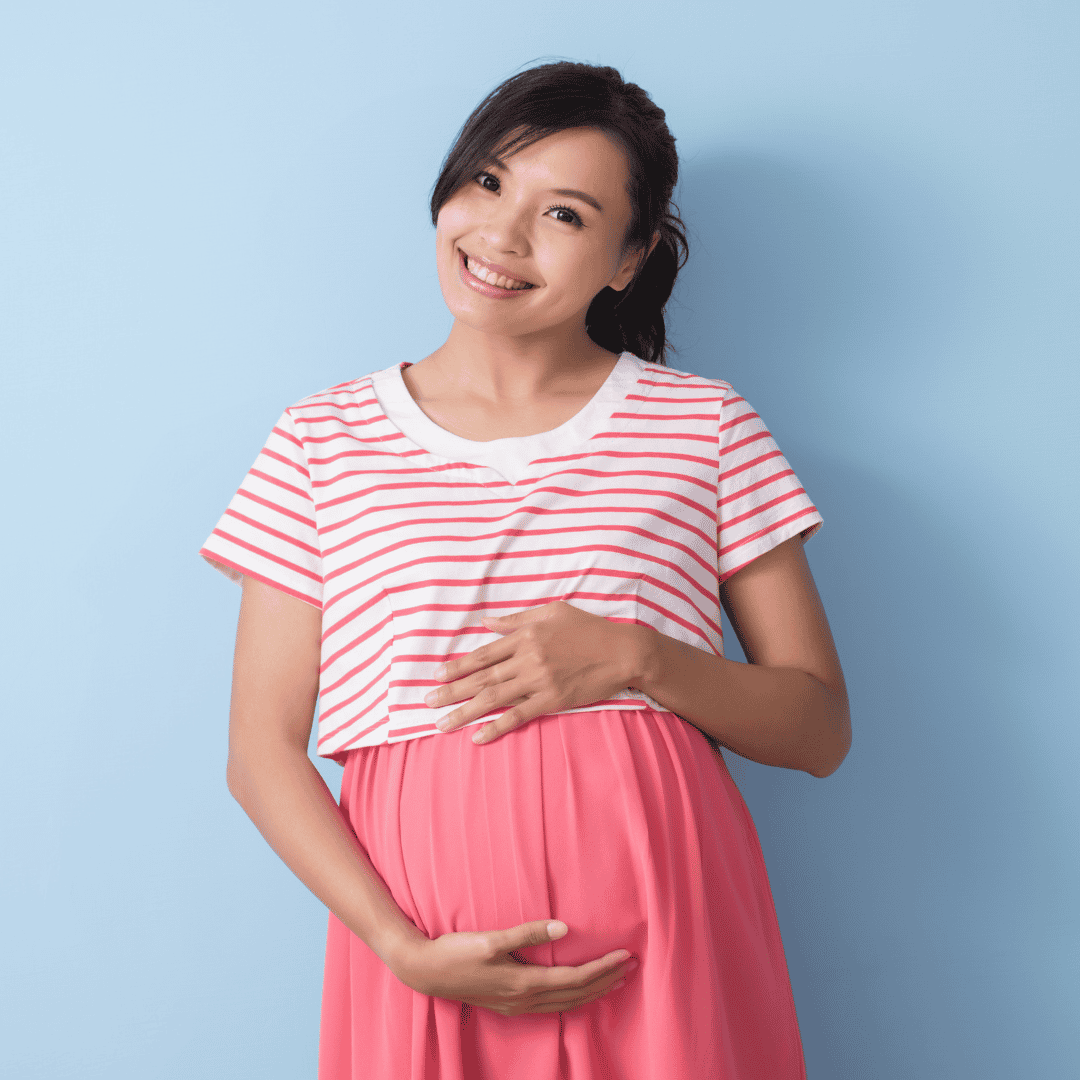
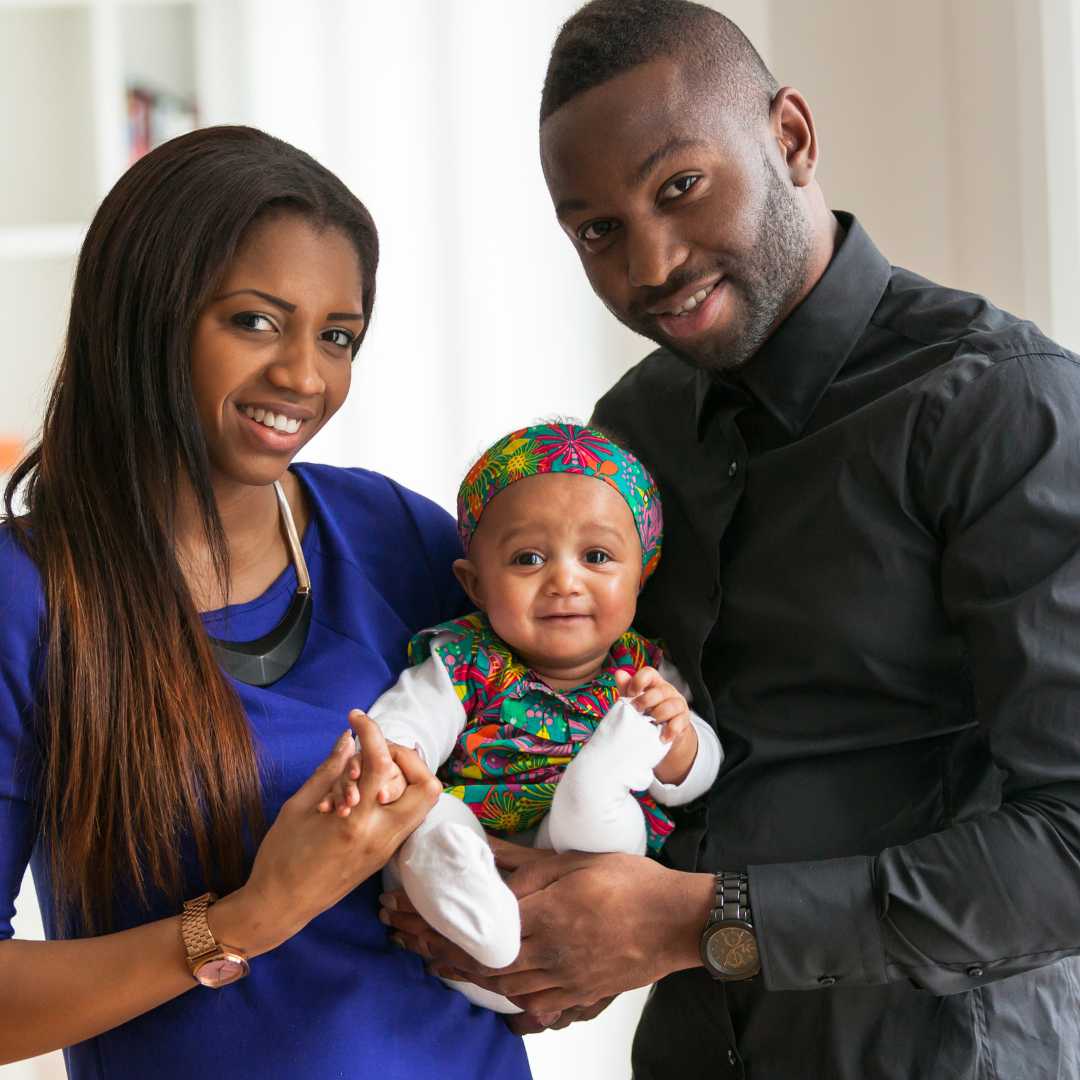
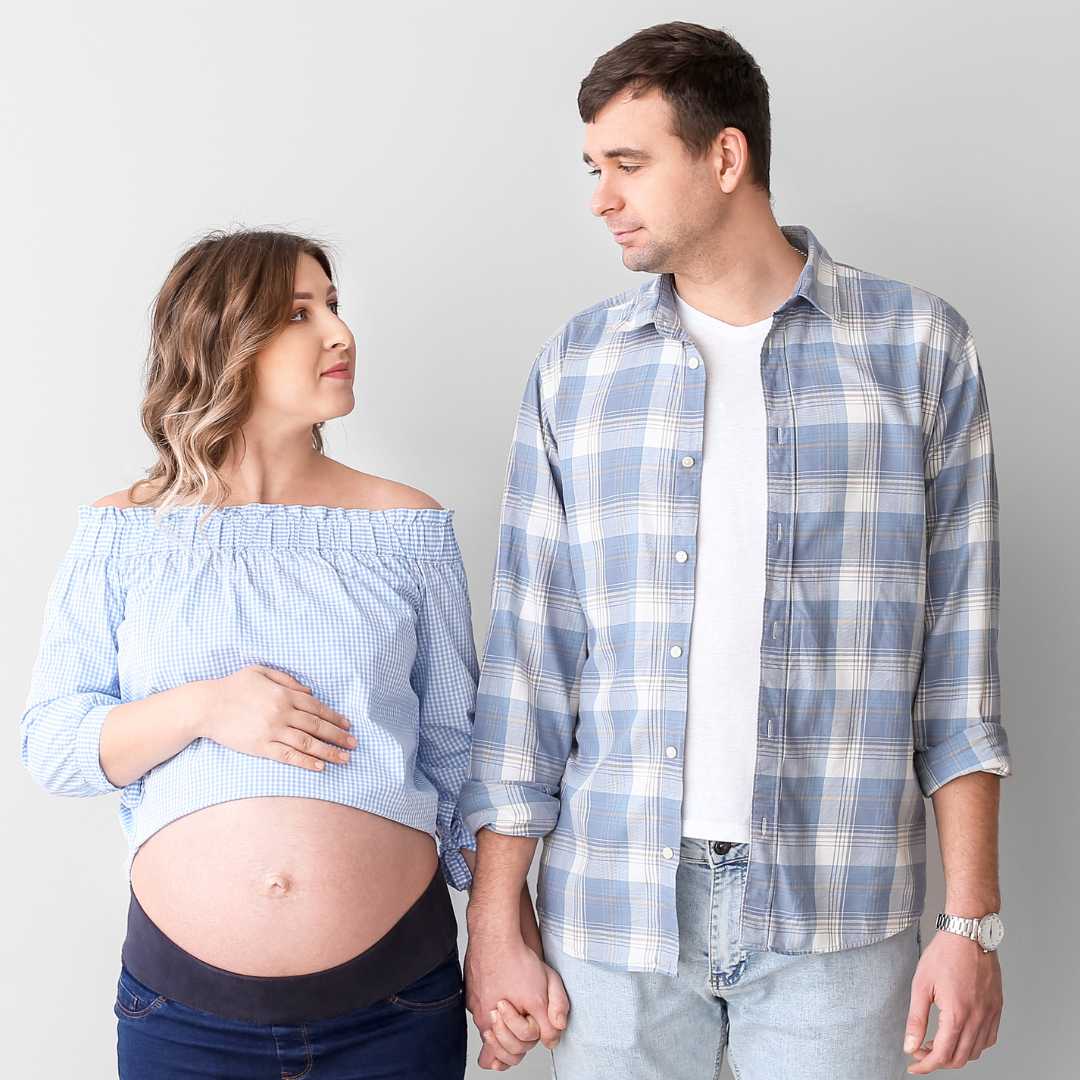
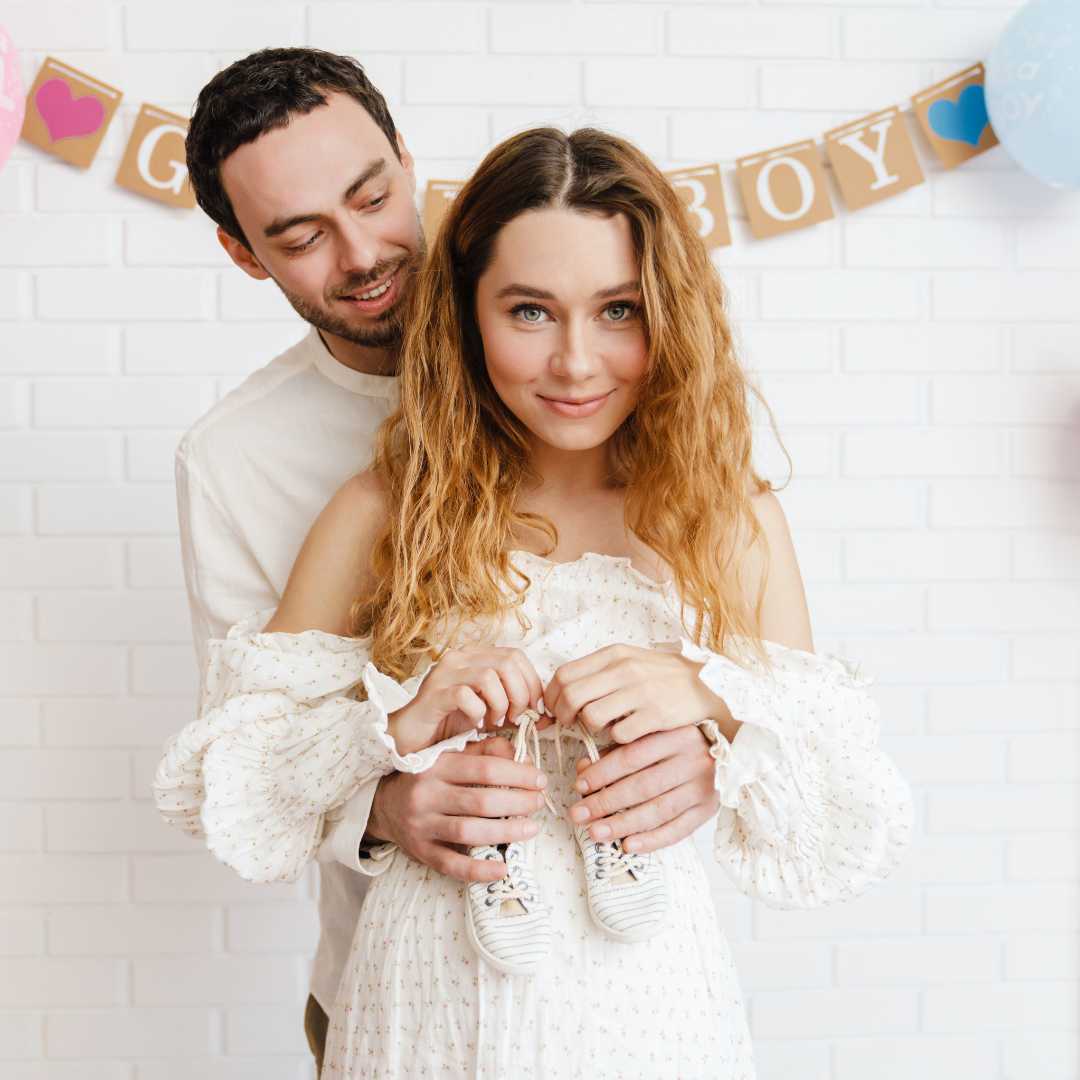
.png)

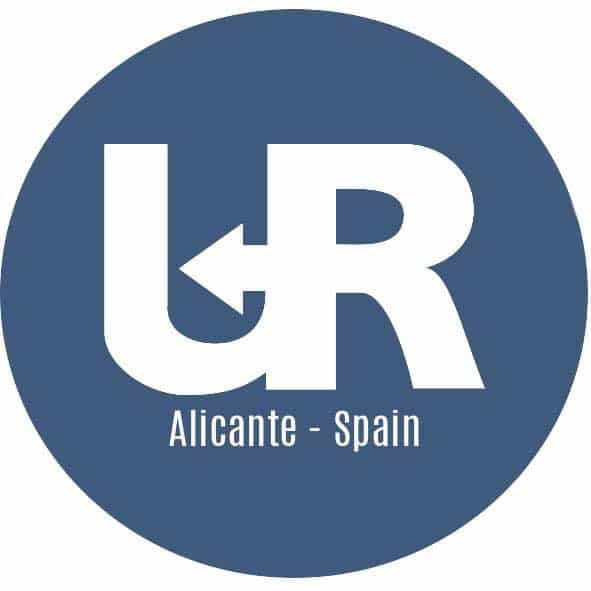

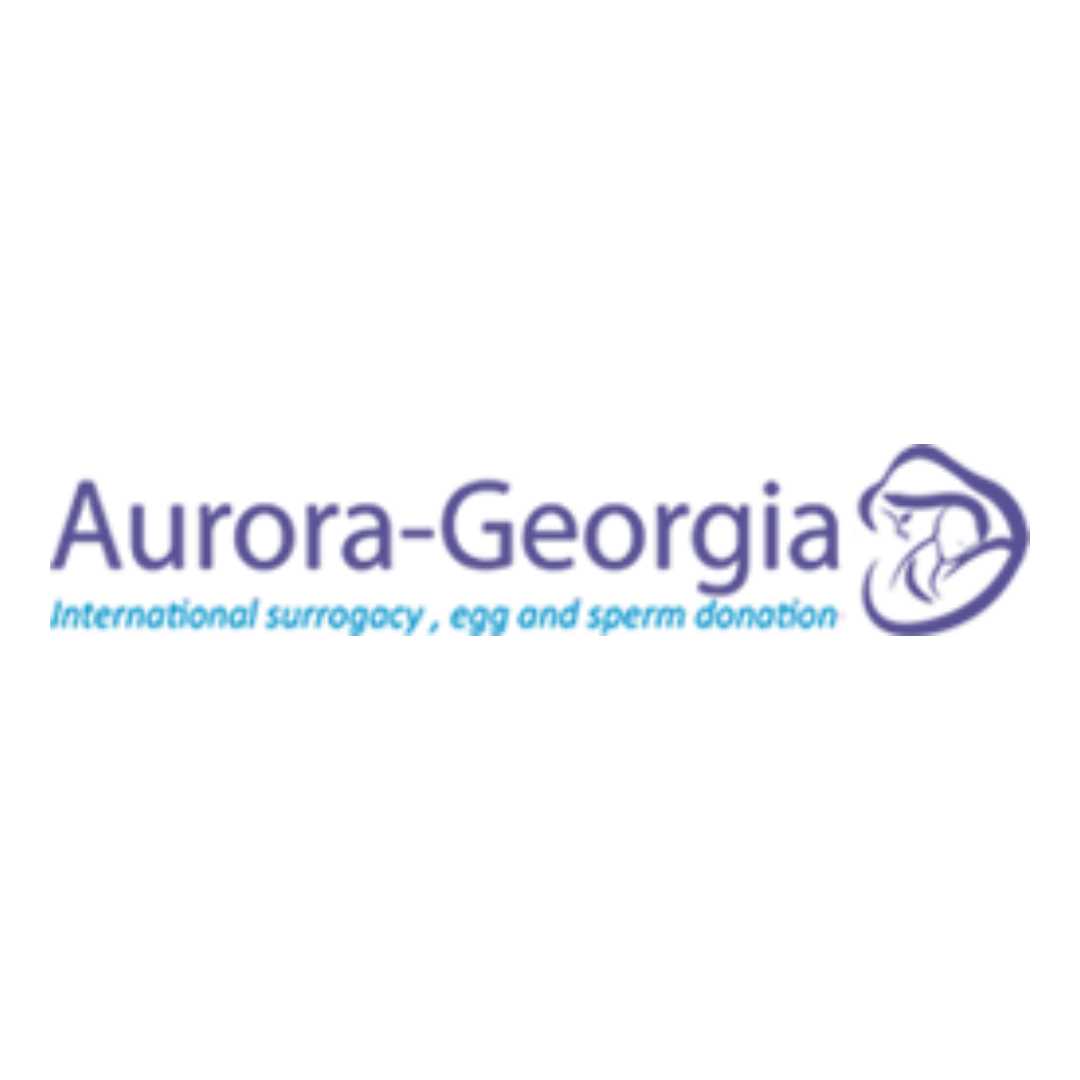
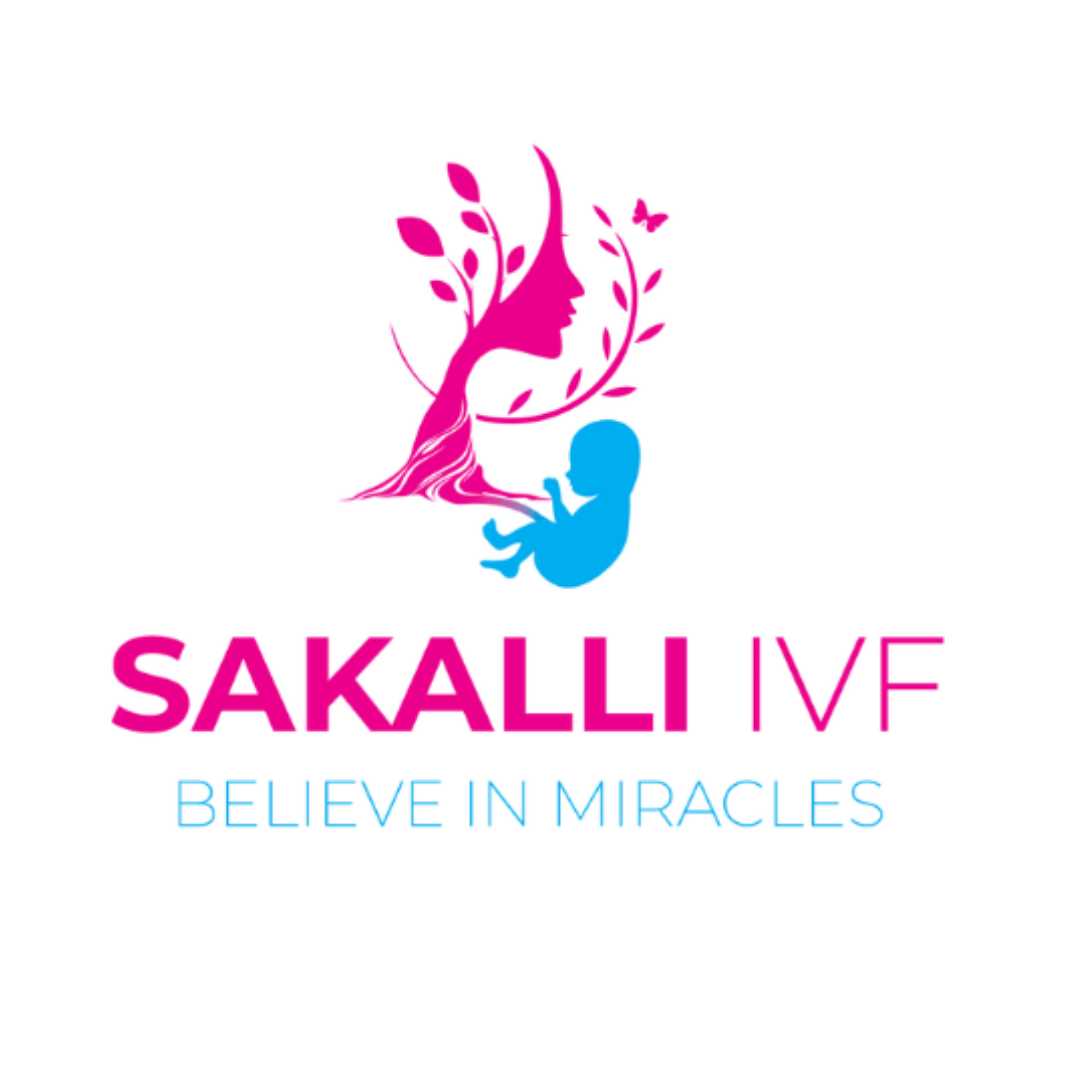

Share this listing